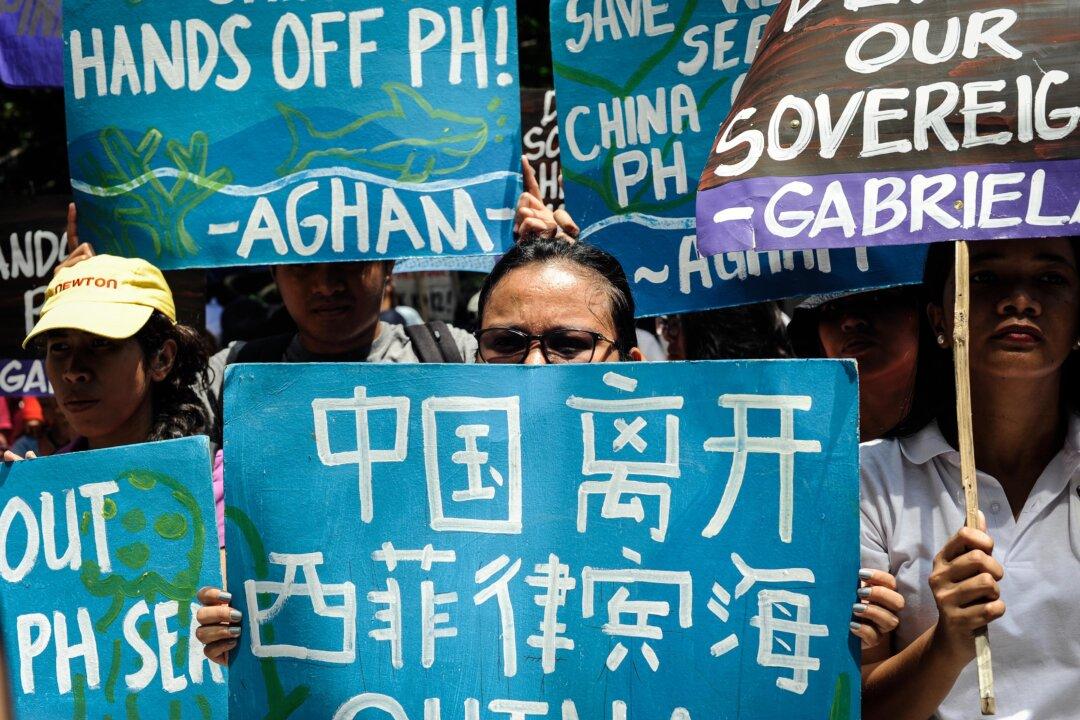Commentary
The concept of racism is being Shanghaied as soft-on-China individuals, from Canada’s Prime Minister to a young influencer on TikTok, deploy the idea against critics of the Chinese Communist Party (CCP). These politicians, a professor, and an influencer, all acting in an ideological capacity, tend not to use actual examples of real individuals who they claim are racist. Rather, they discredit classes of criticism, for example of “China” by young people who use the term as shorthand for China’s government, or of China’s political influence in democratic politics in the West.





